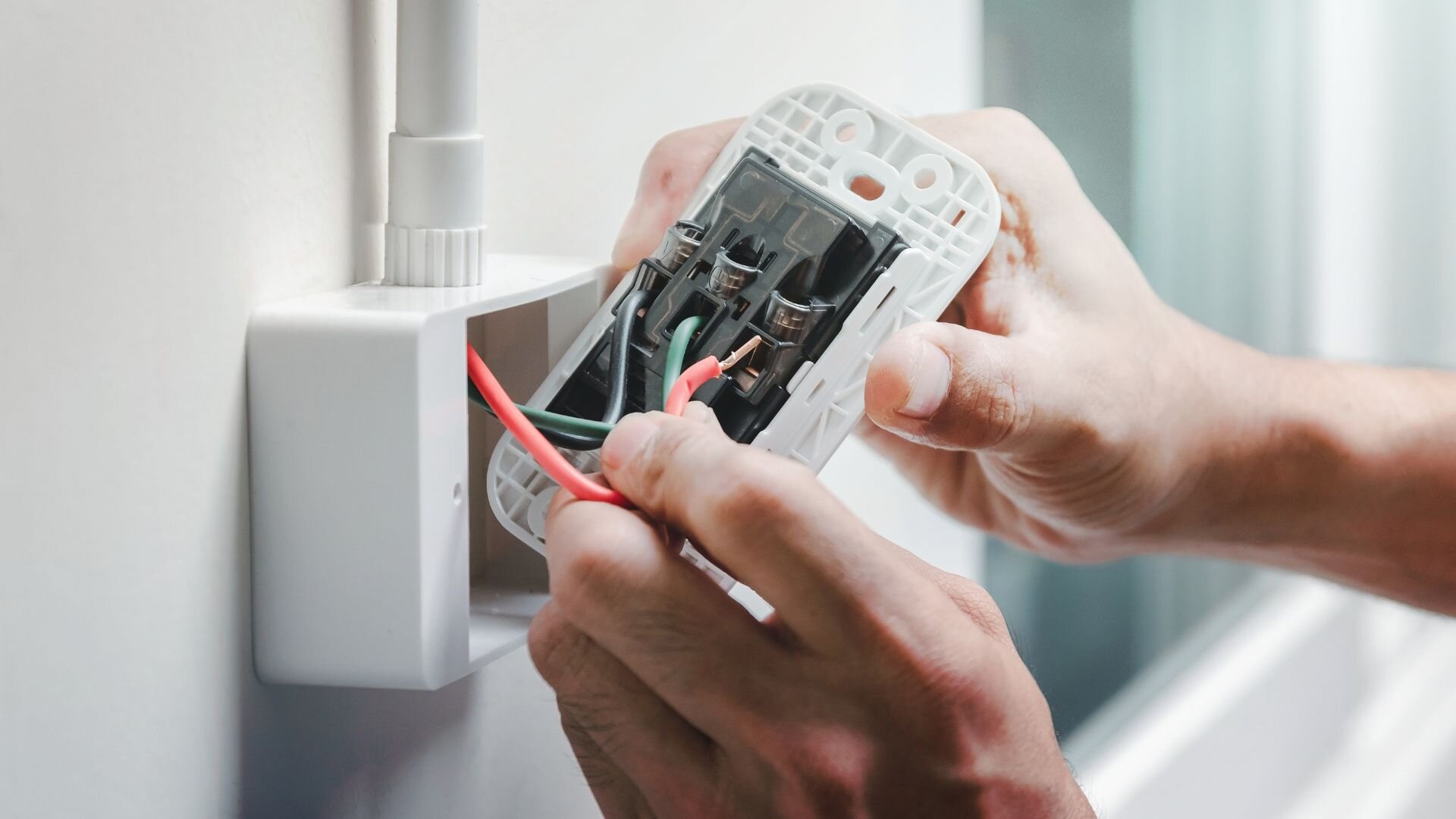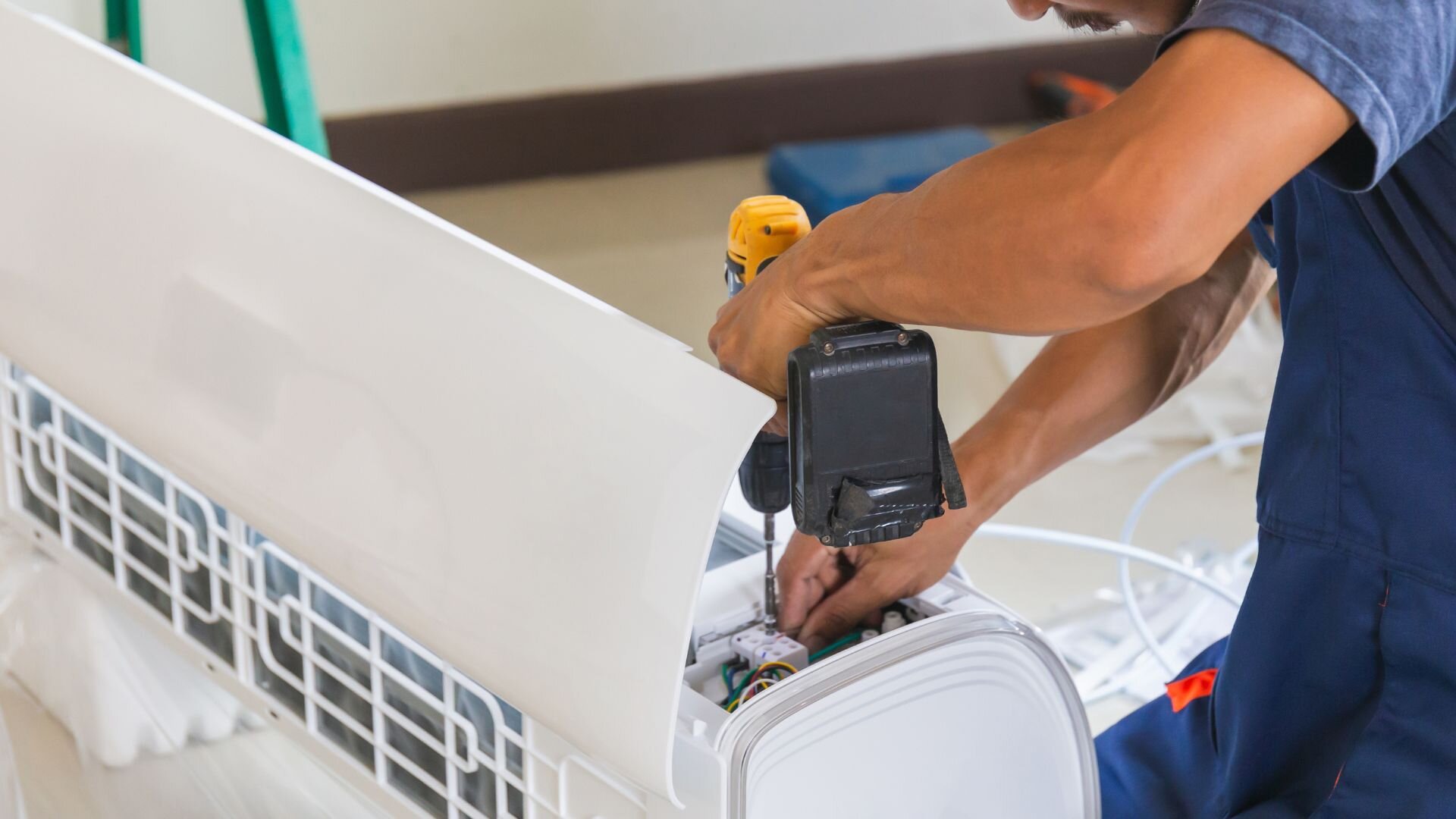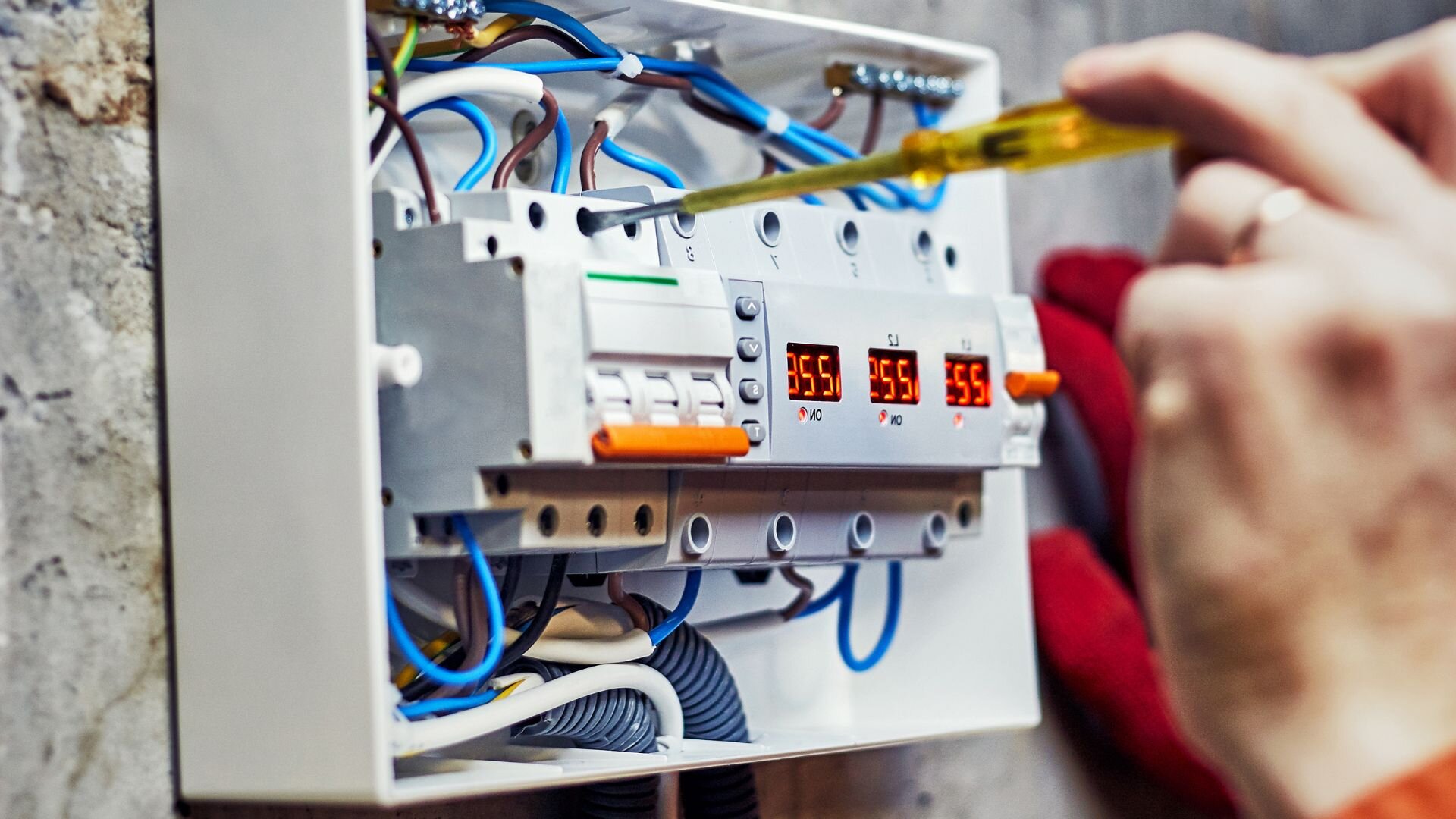Did you know that poorly planned electrical maintenance can really hit your wallet and compromise safety? It’s vital to schedule it right to keep everything running smoothly. By timing these activities wisely, you can avoid unwanted downtime and fend off unexpected electrical issues.
At Enersol, our Residential Electrician Gold Coast - Scheduling is incredibly important. By planning maintenance during quieter times, you optimise resource use and keep operations safe. This proactive strategy doesn’t just save money on repairs, it also helps your equipment last longer.
This blog aims to guide you on when to schedule your electrical maintenance. Learn more about residential wiring guide. We’ll dive into practical strategies to help you plan these activities, ensuring everything runs smoothly and safely with minimal disruptions.
Navigating Electrical Maintenance
Electrical maintenance is essential for ensuring the safety and efficiency of electrical systems. It involves regular servicing and inspections to maintain optimal performance and prevent major issues.
Electrical maintenance covers a range of tasks, like repairing faulty wiring, conducting electrical inspections, and making sure components are in top shape. The goal is to maintain your equipment and installations, reducing risks of short circuits or equipment failures significantly.

Types of Maintenance
- Preventative Maintenance: Regular inspections and time-based maintenance ensure electrical connections are secure and machinery operates safely. This extends equipment lifespan and avoids costly repairs.
- Predictive Maintenance: Monitoring systems and performing visual inspections help predict when components like circuit breakers might fail, allowing property managers to schedule maintenance activities and implement other maintenance procedures.
- Corrective Maintenance: Addressing issues like frayed wires and loose connections as they arise through emergency repairs ensures a safe environment.
Risks of Poor Scheduling
A well-planned periodic maintenance schedule is critical. Poorly scheduled maintenance can lead to unplanned downtime, costly repairs, and high costs.
Regular inspections and maintenance work are essential to prevent problems and maintain compliance. Scheduled maintenance, which varies depending on environmental conditions and frequency, helps organisations avoid major problems and maintain cost-effective operations.
When Should You Schedule Periodic Electrical Maintenance?
Proper scheduling of electrical maintenance is essential to ensure safety and efficiency. Here are some guidelines to help you plan effectively.
General Guidelines
In most places, you should schedule electrical maintenance every 6 to 12 months. Regular check-ups and visual inspections keep your systems in shape, making your equipment last longer and saving on repairs. Important tasks like testing and servicing are key for keeping everything in peak condition.
Factors Influencing Timing
The frequency of maintenance tasks can vary depending on factors like equipment age and usage intensity. Older machinery and heavily used assets may require more frequent inspections to address issues and ensure compliance. Implementing a schedule based on these factors helps reduce downtime and prevent potential problems.
Consulting Professionals
Consulting professionals for electrical inspections are vital. They can assess overcurrent protection systems and other maintenance activities, ensuring they meet safety standards. Professional assessments help identify the importance of regular maintenance and repair needs. Their expertise ensures that you inspect and maintain your systems effectively, safeguarding your electricity supply and overall asset performance.

Seasonal Considerations for Maintenance
Seasonal changes can significantly impact electrical systems, making regular maintenance crucial throughout the year.
Summer and High Temperatures
High temperatures during summer can strain electrical equipment, leading to overheating and potential failures. Periodic inspections and testing are essential to ensure the electrical installation can handle increased loads.
Visual inspections of systems help identify any heat-related issues early, allowing for timely repairs. Regular electrical inspections during this period can prevent costly repairs and extend equipment lifespan.
Winter and Cold Climates
Winter introduces challenges such as brittle electrical components and increased moisture, which can affect performance. Conducting thorough inspections during colder months is vital to ensure all equipment functions correctly.
Testing and implementing necessary maintenance tasks can prevent unexpected breakdowns. By maintaining your assets in winter, you avoid costly repairs and ensure reduced downtime, protecting your electrical systems from the harsh climate.
Spring and Autumn Transitions
Transitional seasons like spring and autumn are ideal for maintenance work. These periods offer moderate weather conditions, making it easier to inspect and service electrical systems.
Performing periodic maintenance during these times helps maintain optimal performance and prepares your equipment for the upcoming extreme temperatures. The importance of a regular electrical inspection during these seasons cannot be overstated, as they ensure your systems remain in top condition and help avoid potential issues in the future.
Industry-Specific Scheduling
Different industries require tailored approaches to electrical maintenance to ensure efficiency and safety.
Commercial Buildings
Due to varied operational hours in commercial buildings, periodic maintenance is crucial. Scheduling electrical inspections during off-peak times helps minimise disruptions. Regular visual inspections and maintenance can extend equipment lifespan and prevent unexpected failures.
Manufacturing Plants
Manufacturing plants benefit from maintenance during scheduled shutdown periods. This allows for comprehensive inspections and the implementation of necessary repairs without affecting production. Periodic maintenance ensures equipment is in top condition, helping avoid costly downtime.
Residential Areas
For residential areas, optimal times for electrical maintenance are typically during weekdays when most residents are at work. Conducting periodic inspections and necessary servicing during these times ensures minimal inconvenience. Regular checks help maintain the safety and efficiency of home electrical systems.
Benefits of Regular Scheduling

Enhanced Safety
Regular maintenance is vital for keeping electrical hazards at bay. Periodic and timely inspections can catch issues like faulty wiring or overloaded circuits early on, preventing them from becoming big problems. This proactive strategy guarantees a safer environment for both businesses and homes.
Cost Efficiency
Scheduled checks help avoid costly emergency repairs by catching problems early. Implementing regular maintenance tasks ensures that equipment operates efficiently, reducing energy consumption and associated costs. Regular upkeep can also prevent major failures, saving money in the long run.
Prolonged Equipment Life
Routine maintenance contributes to an extended equipment lifespan. By performing regular visual inspections and necessary servicing, the wear and tear on electrical systems is minimised. This enhances performance and maximises the return on investment in electrical equipment, ensuring long-term reliability.
Challenges in Scheduling and How to Address Them
Common Challenges
Scheduling maintenance can be hindered by the availability of skilled technicians and unexpected equipment breakdowns. These issues can disrupt planned maintenance activities and lead to increased costs.
Solutions
To overcome these challenges, use technology for predictive maintenance, which helps anticipate issues before they occur. Implementing a robust maintenance management system can streamline scheduling and ensure efficient use of resources.
Additionally, investing in training programs ensures a skilled workforce is always available to handle maintenance tasks effectively.
Stay Ahead with Strategic Scheduling
Proactive scheduling of electrical maintenance is essential for ensuring safety, efficiency, and cost-effectiveness. By taking strategic steps in planning, you can prevent unexpected breakdowns and extend the lifespan of your equipment.
Now is the time to evaluate and improve your current maintenance plans. Consider your current maintenance strategies. Are they effective in preventing issues and optimising performance? It’s crucial to make improvements where necessary to stay ahead of potential problems. Explore our Residential Electrician Gold Coast to learn more.
Enersol Electrical is a leader in providing expert maintenance solutions. With extensive experience in electrical systems, we offer tailored services to meet your specific needs. For reliable Periodic Maintenance services, reach out to Enersol Electrical. Our team is ready to assist with inspections, testing, and implementing effective maintenance strategies.
Contact Enersol today for customised solutions that ensure your electrical systems remain safe and efficient. Let us help you optimise your maintenance schedule for the best results.